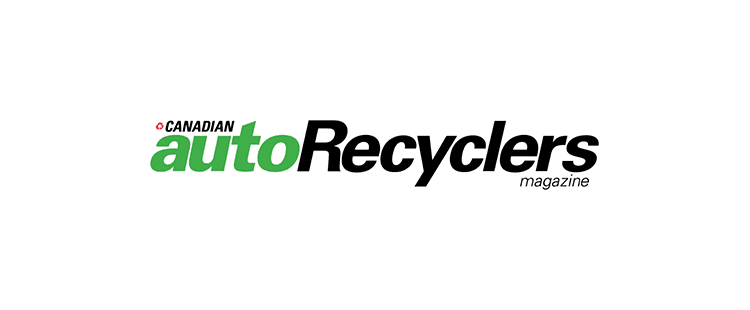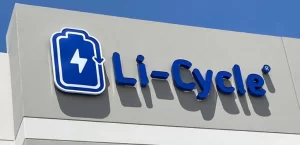Toronto, Ontario — July 26, 2011 — The Canadian Steel Producers Association (CSPA) announced new policy changes in their latest Environmental Performance Report, including a new focus on mercury switches.
The report highlights many of the recent environmental successes and initiatives undertaken by the CSPA, and also includes their new policy stance on mercury that is sometimes left behind in scrap metal. This new policy for scrap metal, entitled "Zero Mercury Purchasing Policy" shows the strong commitment of the member companies to preventing mercury emissions. They state, "CSPA supports the principle of utilizing mercury-free scrap steel to the greatest extent practicable, from automotive and non-automotive sources". To ensure that this purchasing policy is executed, each of the CSPA member companies will now require that all steel mill scrap that is supplied to them is mercury-free. This move demonstrates their deep commitment to environmental performance.
This policy also supports the automotive recyclers and dismantlers from across Canada who have been voluntarily recovering mercury switches from end-of-life-vehicles for the last decade. In fact, member companies of the Automotive Recyclers of Canada (ARC) have submitted 60 percent of the switches to the Switch Out program over the past 12 months, but only represent 20 percent of the registered participants.
Since CSPA member companies will now require suppliers to have programs in place to identify, remove, track and properly dispose of sources of mercury, and may audit to ensure that this is the case, there will effectively be a levelling of the proverbial playing field. In other words, businesses that have not voluntarily pulled mercury switches will need to rise to a higher level of environmental achievement in terms of automotive de-polluting, if they haven’t yet done so. Failing to do so could affect their ability to stay in business.
This is an excellent example of how markets can drive environmental change for the better, says Summerhill Impact, operator of the Switch Out program. Driving the market towards sustainability is in fact part of Summerhill Impact’s goals, so this initiative is a particularly good fit between the funders and managers of Switch Out.
Switch Out hopes that the CSPA’s new policy will drive new program registration. Potential registrants should be aware that the Switch Out program remains completely free of cost to participants, moreover, participation is easy, says Summerhill.





















